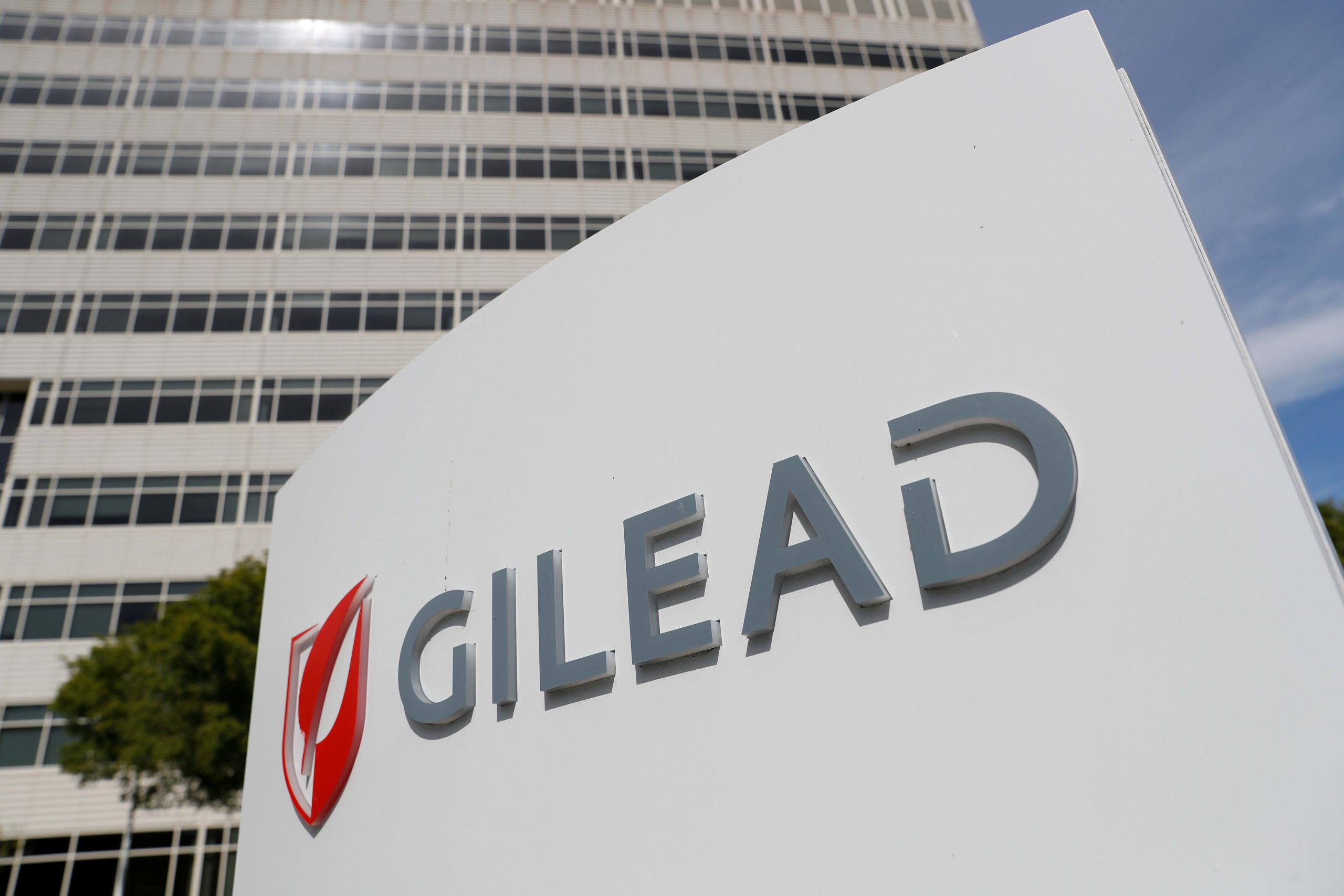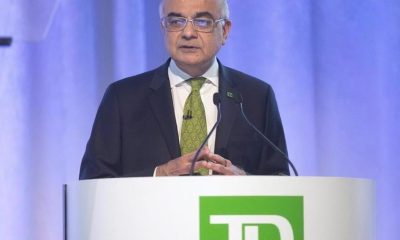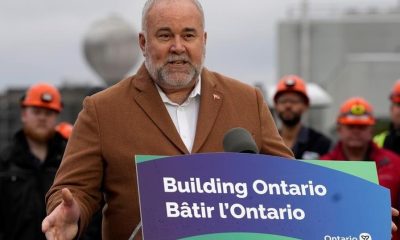MONTREAL – Politics, public opinion and salary hikes south of the border helped push Air Canada toward a deal that secures major pay gains for pilots, experts say.
Hammered out over the weekend, the would-be agreement includes a cumulative wage hike of nearly 42 per cent over four years — an enormous bump by historical standards — according to one source who was not authorized to speak publicly on the matter. The previous 10-year contract granted increases of just two per cent annually.
The federal government’s stated unwillingness to step in paved the way for a deal, noted John Gradek, after Prime Minister Justin Trudeau made it plain the two sides should hash one out themselves.
“Public opinion basically pressed the federal cabinet, including the prime minister, to keep their hands clear of negotiations and looking at imposing a settlement,” said Gradek, who teaches aviation management at McGill University.
After late-night talks at a hotel near Toronto’s Pearson airport, the country’s biggest airline and the union representing 5,200-plus aviators announced early Sunday morning they had reached a tentative agreement, averting a strike that would have grounded flights and affected some 110,000 passengers daily.
The relative precariousness of the Liberal minority government as well as a push to appear more pro-labour underlay the prime minister’s hands-off approach to the negotiations.
Trudeau said Friday the government would not step in to fix the impasse — unlike during a massive railway work stoppage last month and a strike by WestJet mechanics over the Canada Day long weekend that workers claimed road roughshod over their constitutional right to collective bargaining. Trudeau said the government respects the right to strike and would only intervene if it became apparent no negotiated deal was possible.
“They felt that they really didn’t want to try for a third attempt at intervention and basically said, ‘Let’s let the airline decide how they want to deal with this one,'” said Gradek.
“Air Canada ran out of support as the week wore on, and by the time they got to Friday night, Saturday morning, there was nothing left for them to do but to basically try to get a deal set up and accepted by ALPA (Air Line Pilots Association).”
Trudeau’s government was also unlikely to consider back-to-work legislation after the NDP tore up its agreement to support the Liberal minority in Parliament, Gradek said. Conservative Leader Pierre Poilievre, whose party has traditionally toed a more pro-business line, also said last week that Tories “stand with the pilots” and swore off “pre-empting” the negotiations.
Air Canada CEO Michael Rousseau had asked Ottawa on Thursday to impose binding arbitration pre-emptively — “before any travel disruption starts” — if talks failed. Backed by business leaders, he’d hoped for an effective repeat of the Conservatives’ move to head off a strike in 2012 by legislating Air Canada pilots and ground crew to stick to their posts before any work stoppage could start.
The request may have fallen flat, however. Gradek said he believes there was less anxiety over the fallout from an airline strike than from the countrywide railway shutdown.
He also speculated that public frustration over thousands of cancelled flights would have flowed toward Air Canada rather than Ottawa, prompting the carrier to concede to a deal yielding “unheard of” gains for employees.
“It really was a total collapse of the Air Canada bargaining position,” he said.
Pilots are slated to vote in the coming weeks on the four-year contract.
Last year, pilots at Delta Air Lines, United Airlines and American Airlines secured agreements that included four-year pay boosts ranging from 34 per cent to 40 per cent, ramping up pressure on other carriers to raise wages.
After more than a year of bargaining, Air Canada put forward an offer in August centred around a 30 per cent wage hike over four years.
But the final deal, should union members approve it, grants a 26 per cent increase in the first year alone, retroactive to September 2023, according to the source. Three wage bumps of four per cent would follow in 2024 through 2026.
Passengers may wind up shouldering some of that financial load, one expert noted.
“At the end of the day, it’s all us consumers who are paying,” said Barry Prentice, who heads the University of Manitoba’s transport institute.
Higher fares may be mitigated by the persistence of budget carrier Flair Airlines and the rapid expansion of Porter Airlines — a growing Air Canada rival — as well as waning demand for leisure trips. Corporate travel also remains below pre-COVID-19 levels.
Air Canada said Sunday the tentative contract “recognizes the contributions and professionalism of Air Canada’s pilot group, while providing a framework for the future growth of the airline.”
The union issued a statement saying that, if ratified, the agreement will generate about $1.9 billion of additional value for Air Canada pilots over the course of the deal.
Meanwhile, labour tension with cabin crew looms on the horizon. Air Canada is poised to kick off negotiations with the union representing more than 10,000 flight attendants this year before the contract expires on March 31.
This report by The Canadian Press was first published Sept. 16, 2024.
Companies in this story: (TSX:AC)





























